5 Popular Intermittent Fasting Keto Plans to Try Now

Which popular intermittent fasting plan pairs best with keto?
There are so many ways to benefit from IF on keto, so we’ve broken down five popular intermittent fasting plans (and schedules). Which method is best for you and your lifestyle? You might be surprised! But first…
What is Intermittent Fasting?

Intermittent fasting, also known as IF, is a change in how frequently you eat and when. When periods of fasting are built into eating habits, the body’s ability to burn fat is pumped up through ketosis. It’s also not a one-size-fits-all method as there are different consumption patterns that all fall under the IF umbrella.
Intermittent fasting and keto go hand-in-hand. While it’s not necessary to follow IF when eating a ketogenic diet (or vice versa), there’s no denying a fat-fueled diet is key when fighting through the hunger, headaches, and tiredness that can come with both keto and IF.
Some of the potential benefits that come with IF are increased mental clarity, detoxified blood cells, stabilized blood sugar levels, reduced inflammation, and more. It can even help you break through weight-loss plateaus if you’ve stalled on keto.
Which IF plan is right for me and how do I get started?
As with any lifestyle/health change, it’s always best to discuss safe and effective nutritional methods with your doctor.
1. 16 hours of fasting / 8 hours of eating.
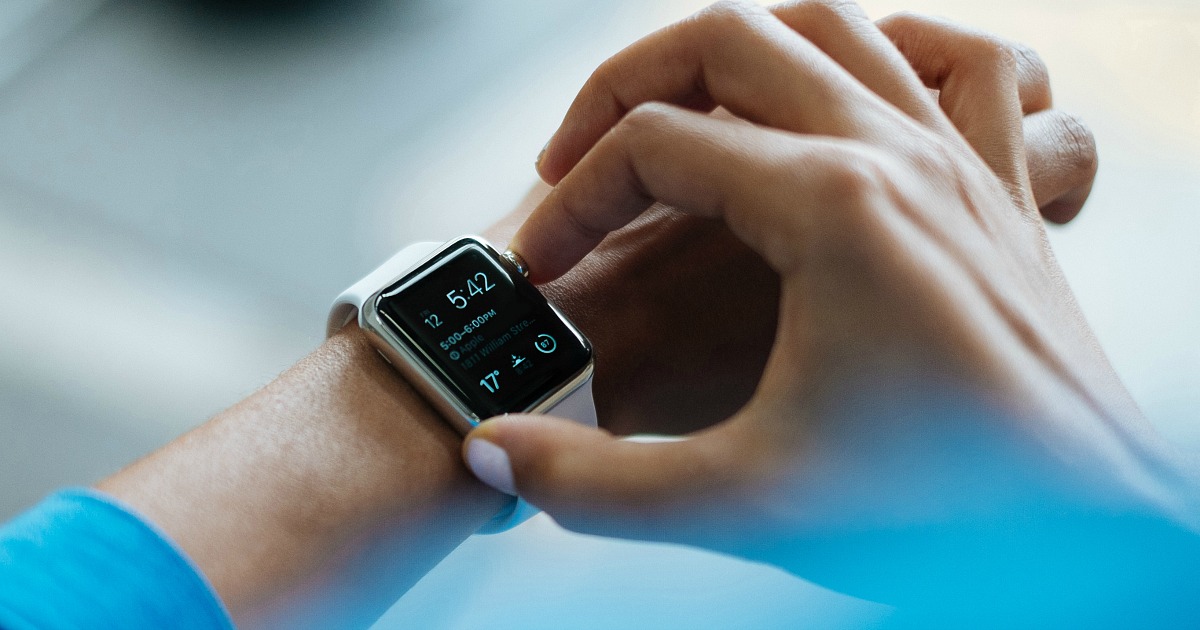
This schedule is one of the most popular intermittent fasting plans for anyone eating keto. It involves 14-16 hours of fasting and an 8-10 hour eating window each day. During that consumption time frame, one typically has two to three meals to stay satisfied during the upcoming fasting period.
For those who typically don’t eat breakfast, this can be an easy method to adopt. Enjoying your last meal of the day at 8 pm and consuming your first meal at noon the next day means keto-eaters get the desired 16 hours of fasting. This can obviously be adjusted to suit varying schedules, like consuming the final meal at 5 pm and eating again at 9 am the next day.
It’s important to note that during the fast, water, coffee, herbal tea, and 0-carb, 0-calorie beverages are fine to have. For those having trouble adapting their habits, these can be helpful resources to reduce hunger levels.
“My eating schedule is from 12-8pm. With intermittent fasting along with a steady keto diet, I lost around 25 lbs in 4 months without losing muscle mass.” — PJ
“I’ve noticed during the week, our cravings are down and we stay satiated longer. I only eat 3 meals a day now with no snacking. On days when I workout in the morning, I will eat right after the workout, but for the most part, I won’t eat until 12.” — Noelle
2. 5 days of normal eating / 2 days of restricted intake.
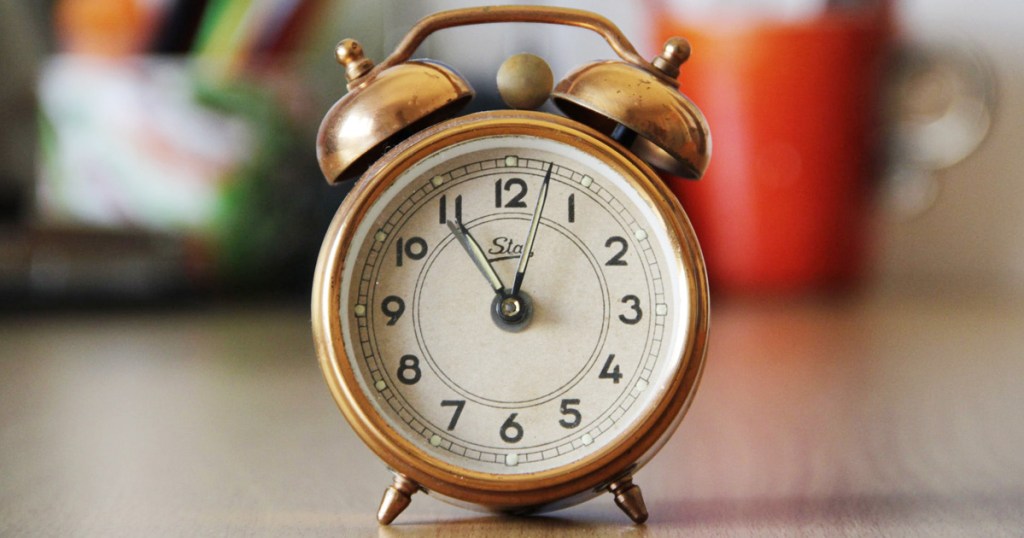
For those just easing into intermittent fasting, this simple plan has you pick two days (not consecutive) to limit consumption to only a couple of meals. Follow a regular eating schedule consisting of healthy keto meals for the rest of the week.
“Since I start work at 6 am, it’s super hard to make it really far in the day, so I try and do it 1-2x a week and often on the weekend. I try and do 16/8 and will do fasted cardio at the gym right after work, then eat after around 3:30ish, then again around 8 pm.” — Angela
3. Fast all day / 4-hour “feasting” window at night.
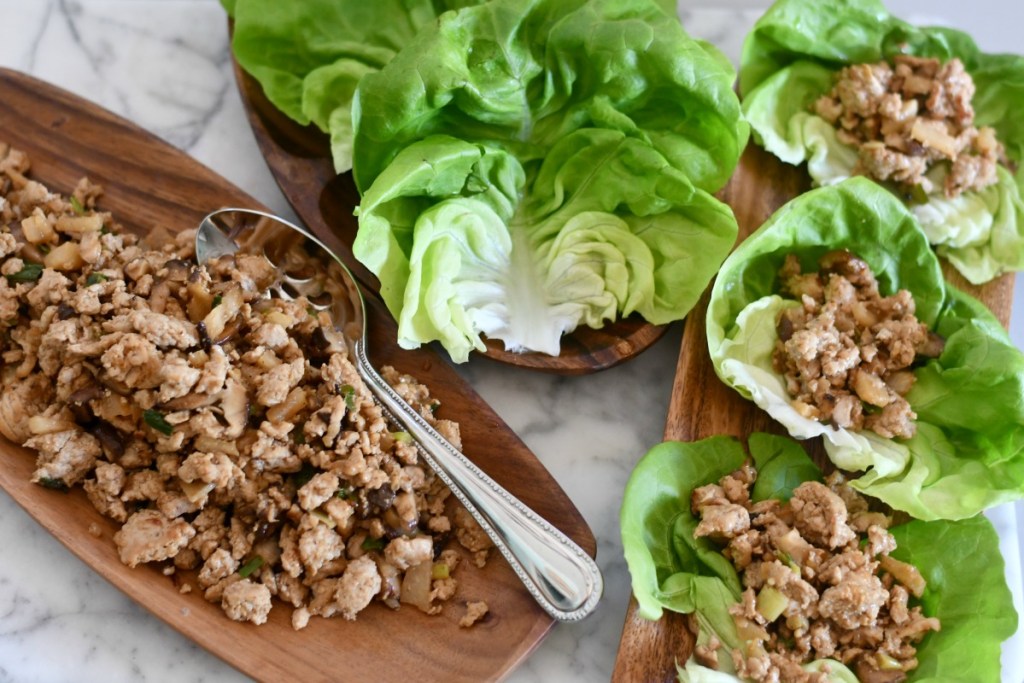
Also known as the Warrior Diet, this limited time frame schedule may take a little more time to fully adjust to. While it’s okay to have small amounts of vegetables during the day, the bulk of eating is one huge feast meal each night.
Keep in mind that only low carb fruits and veggies should be consumed during the day in limited portions.
4. 24-hour fast, once or twice a week.

This method of intermittent fasting isn’t for the faint of heart. It’s 24 hours with no solid food (though water, coffee, and zero-carb beverages are allowed) followed by six days of normal eating. The schedule is based on an individual’s preference, whether it’s fasting from breakfast to breakfast, lunch to lunch, or dinner to dinner.
During the periods you do eat, follow a regular diet (no more or less food than usual). If this schedule is too difficult to break into, try starting with a 16/8 fast, 14/10 fast, or limited intake 1-3 days a week before going for a full 24 hours.
5. Skipping meals as it naturally occurs.
Be the boss of your eating schedule! Many people might not even realize they’re intermittent fasting simply by skipping meals every now and then. This typically happens when a busy schedule or a reduced appetite naturally occurs. It doesn’t matter, because the benefits are similar!
“When you’re keto-adapted, it seems IF is just a thing. Case in point: I forget to eat meals because I’m just not hungry. Easy peasy, right? It’s a natural pattern many keto people typically follow. There never was an “IF” distinction back in the day because people found appetite just naturally abates on keto/low carb. And since Dr. Atkins said to eat when hungry and stop when no longer hungry, millions of people did just that. It’s a beautiful thing.” — Jamie
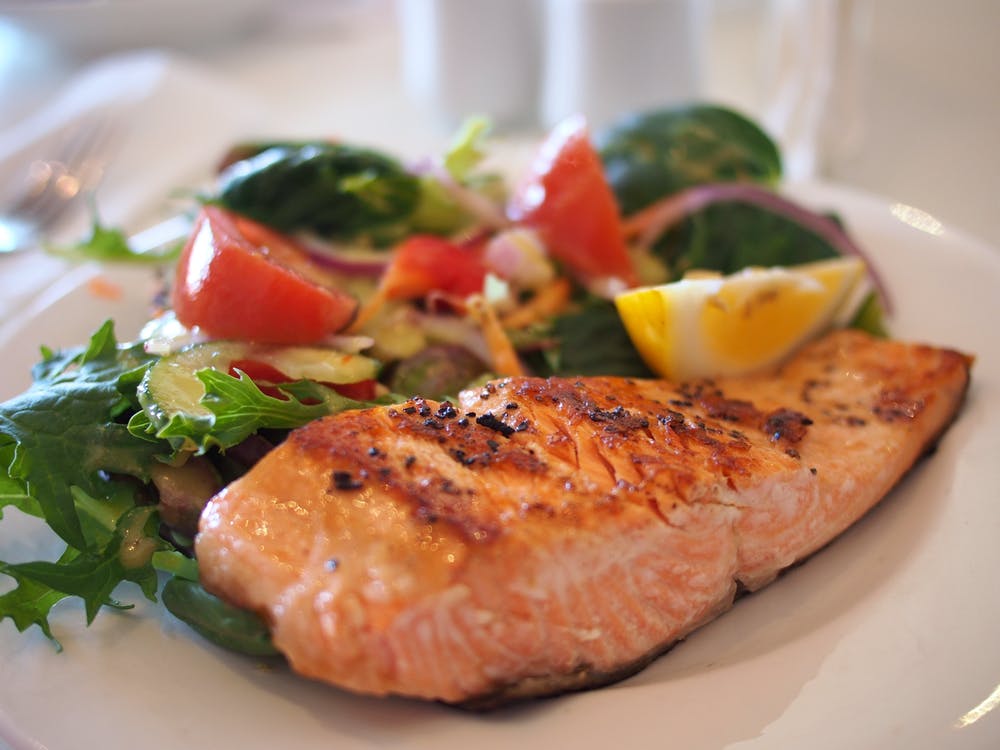
There are serious benefits to these popular intermittent fasting plans when paired with keto, regardless of which eating schedule you follow. The important thing is to listen to your body for what feels best and stick to whole, minimally processed foods.
Let us know if you intermittent fast and how it’s affected you.
Join our private Facebook community for additional support along your keto/IF journey!


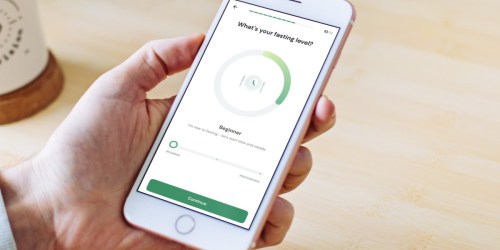
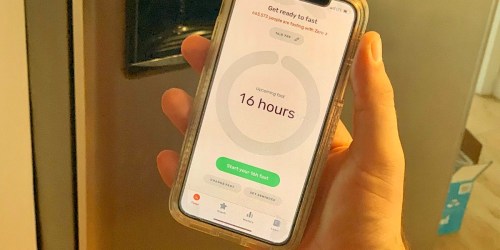
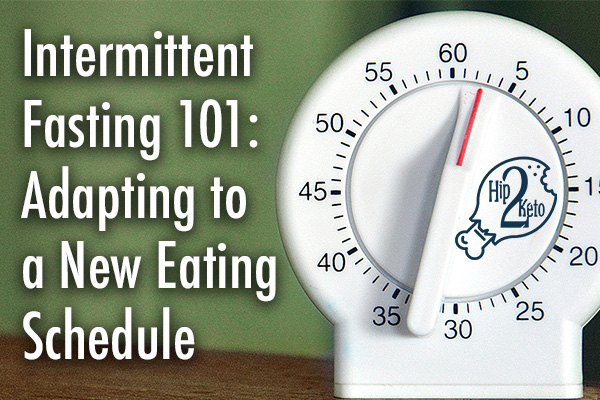
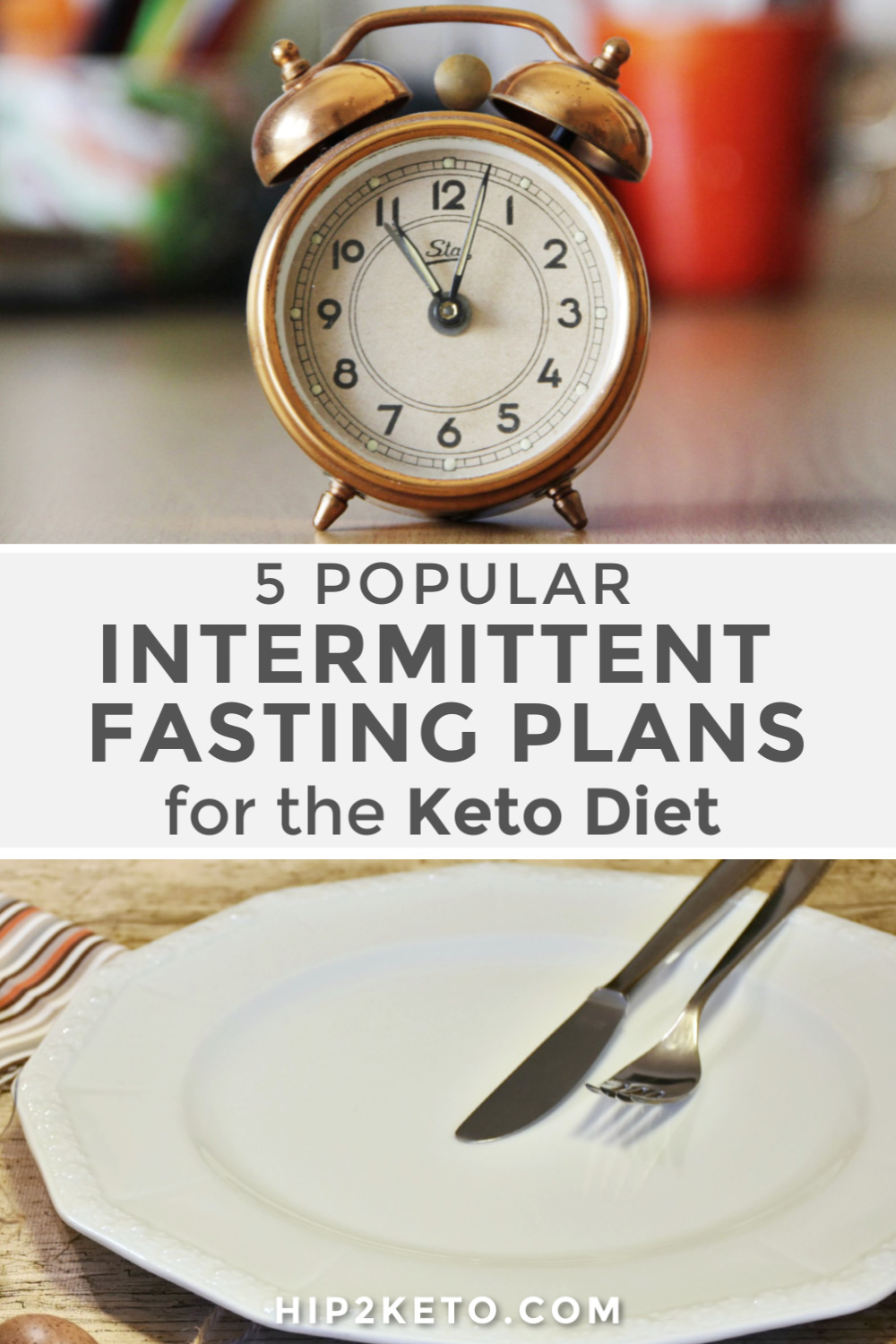
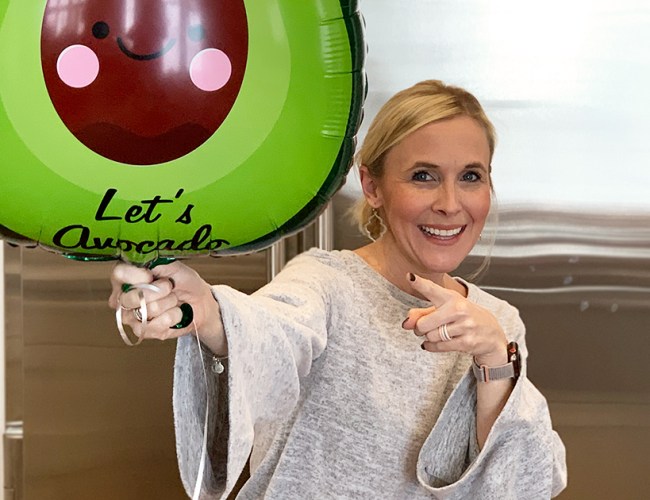
I tried and lost and need remotivated
Hi there Anneliese! You got this❤ What an awesome accomplishment on loosing weight! I know first hand it certainly is not an easy task. I find that having support really helps me. We have a great group that may be helpful for your journey ❤ Remember to be easy on yourself & try to set short term goals. Most importantly dont forget to reward yourself when you do reach your goals!! ❤
https://www.facebook.com/groups/hip2keto30dayketochallenge/
I usually have a “bullet proof” coffee in the morning, typically around 330 calories and 2 net carbs. Does that technically break my fast? I usually IF from 7 pm until noon, but have the coffee.
All for nothing? Am I blowing it?
Plain coffee doesn’t break a fast.🙌 The typical rule is that you don’t consume much of anything with calories (or very minimal calories) during a fast. You can have black coffee, plain tea, or clear liquids like broth.